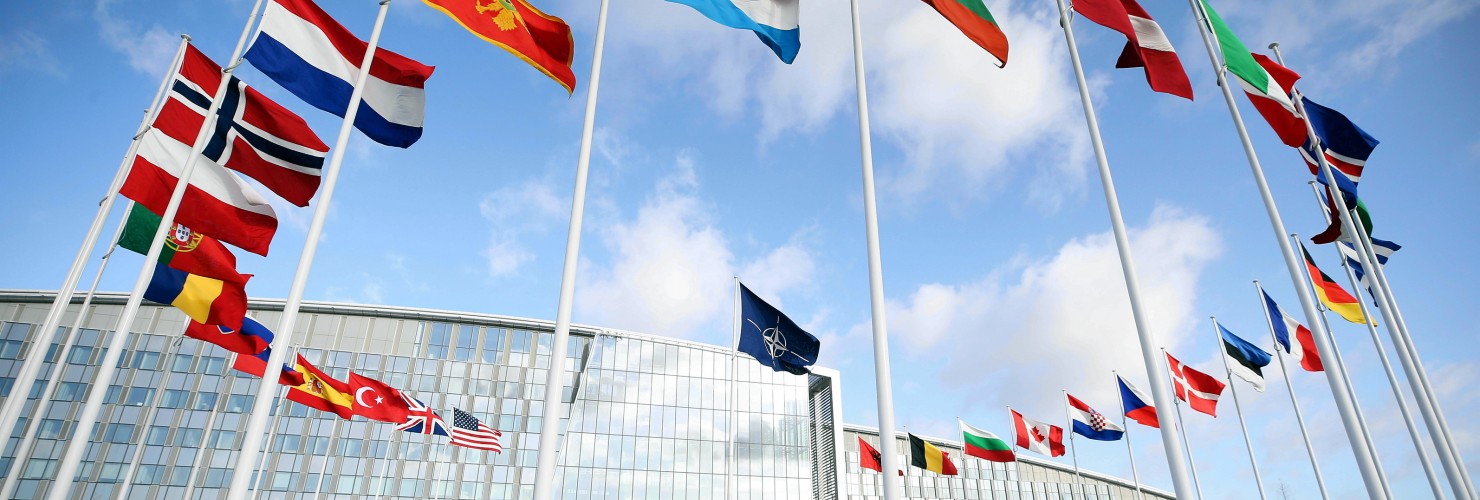

China’s rise as a global security actor: implications for NATO
“We recognize that China’s growing influence and international policies present both opportunities and challenges that we need to address together as an Alliance.” With these words in the December 2019 London Declaration, NATO leaders made clear that China has become a new strategic point of focus for the alliance.
Despite the careful language, this shift reflects growing concern among NATO members over China’s geopolitical rise and its growing power-projection capabilities, as well as the impact that these may have on the global balance of power. Today, China is not only taking a central role in Indo-Pacific security affairs but is also becoming an increasingly visible security actor in Europe’s periphery. As NATO Secretary-General Jens Stoltenberg noted, “this is not about moving NATO into the South China Sea, but it is about taking into account that China is coming closer to us.”
In the new report “China’s rise as a global security actor: implications for NATO” MERICS senior analyst Helena Legarda and IISS research fellow Meia Nouwens explore some of the main challenges that China poses for the alliance and propose some courses of action that NATO may follow to address them. The authors assert that “the allies have agreed that facing their ‘China challenge’ through NATO is an imperative, but how quickly they can reach consensus on how to do so will be the real test.”

